Click on images to enlarge
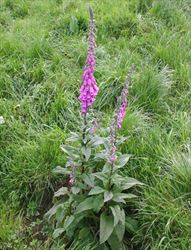
habit in flower (Photo: Trevor James)
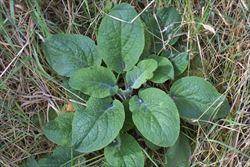
habit prior to flowering, with a rosette of large lower leaves (Photo: Trevor James)
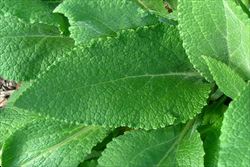
close-up of leaf with finely toothed margins (Photo: Sheldon Navie)
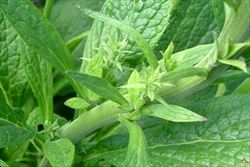
close-up of stem and smaller upper leaves (Photo: Sheldon Navie)
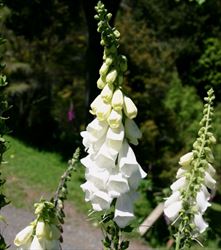
elongated clusters of white flowers (Photo: Trevor James)
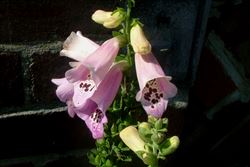
pink flowers (Photo: Sheldon Navie)
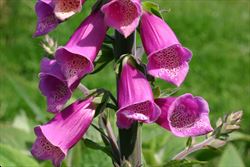
purple flowers (Photo: Trevor James)
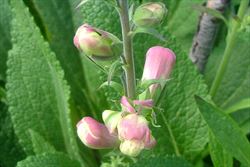
flower buds (Photo: Sheldon Navie)
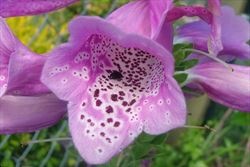
close-up of tubular flower (Photo: Sheldon Navie)
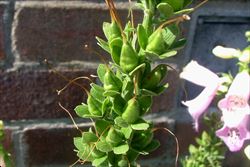
immature fruit (Photo: Trevor James)
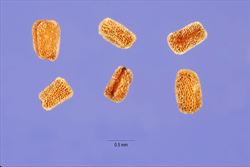
close-up of seeds (Photo: Steve Hurst at USDA PLANTS Database)
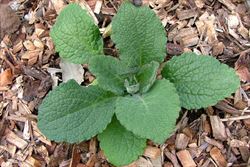
young plant (Photo: Sheldon Navie)
Scientific Name
Digitalis purpurea L.
Family
Scrophulariaceae
Common Names
annual foxglove, common foxglove, digitalis, fairy glove, finger flower, foxglove, purple foxglove
Origin
Native to northern Africa (i.e. Morocco) and Europe (i.e. Denmark, Finland, Ireland, Norway, Sweden, UK, Belgium, Czechoslovakia, Germany, Italy, France, Portugal and Spain).
Naturalised Distribution
Naturalised in some parts of south-eastern Australia (i.e. eastern New South Wales, southern and eastern Victoria and throughout most of Tasmania).
Also naturalised overseas in New Zealand, Turkey, South America (i.e. Brazil and Chile), Canada and the northern parts of USA (including Alaska).
Notes
Foxglove (Digitalis purpurea ) is regarded as an environmental weed in Victoria and Tasmania. This garden escape has invaded moist and wet sclerophyll forest, riparian areas and rainforests in both of these states.
In Tasmania, foxglove (Digitalis purpurea) is actively managed by community groups, while in Victoria it is commonly found in conservation areas (e.g. Morwell National Park, Kinglake National Park and Carlisle State Park). Infestations also exist in the alpine regions of Victoria (e.g. at Falls Creek).

